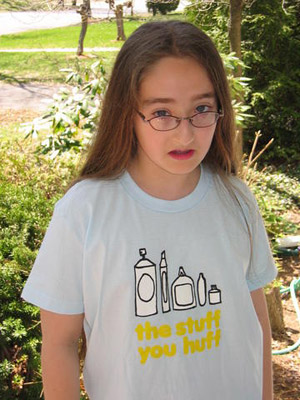|
Beginning to
Mobilize | Recipe
for Success | Challenges
| What
We Learned
Organizing the
States: Recipe for Success
Over the course of this grant, we found that each state approach was
different. Some of the techniques that worked for the task
forces are:
Making task
forces time limited and product oriented
 Task force members were more likely
to sign on when there were specific expectations and a limited time
commitment. Task force members were more likely
to sign on when there were specific expectations and a limited time
commitment.
“We moved through a process in probably four
meetings where we came up with a document that says here’s the
extent of the problem, here’s what we encourage for
recommendations on how to approach that. And people, because they
got so passionate about the issue, they self identified. Well I
can take that piece. Or I have access to the school nurses; I’ll
make sure they get the information at their conference. So it was
respectful of people’s time.” -- Linda Williams, Maine
Going after
some quick, early winnable victories
Task force members
felt good about their involvement when they had easy and immediate
successes.
“When we first started, we were coming up very
quickly on National Inhalant and Poisons Awareness Week. So we
geared up very quickly to use the National Inhalant Prevention
Coalition press templates. We had someone draft them so they were
Connecticut specific, then disseminated them, and said everybody
put your own name on it and send it out to your own media. So we
did a lot of flurry around that. We did some real quick visible
things that we could do that people felt really good about.” –
Marlene McGann, CT
Using
contacts to extend the reach of the message
Finding
strong leaders and volunteers who are passionate about the issue
has made the task forces successful.
“Every [state] has their own approach and each
one has its own flavor, and what’s good about it is they know
their own networks so they’re getting things done the old
fashioned way, which is who do you know, who do you know that
knows someone, and how are you able to get that person roped in to
join our coalition. It’s been very instructional as to how it’s
all about the people. It’s not really all about how; it’s the
people.” - Isabel Burk, Director, The Health Network, New
York, and author of the Virginia Department of Education Inhalant Abuse Prevention Curriculum Guide
| 

 Task force members were more likely
to sign on when there were specific expectations and a limited time
commitment.
Task force members were more likely
to sign on when there were specific expectations and a limited time
commitment.